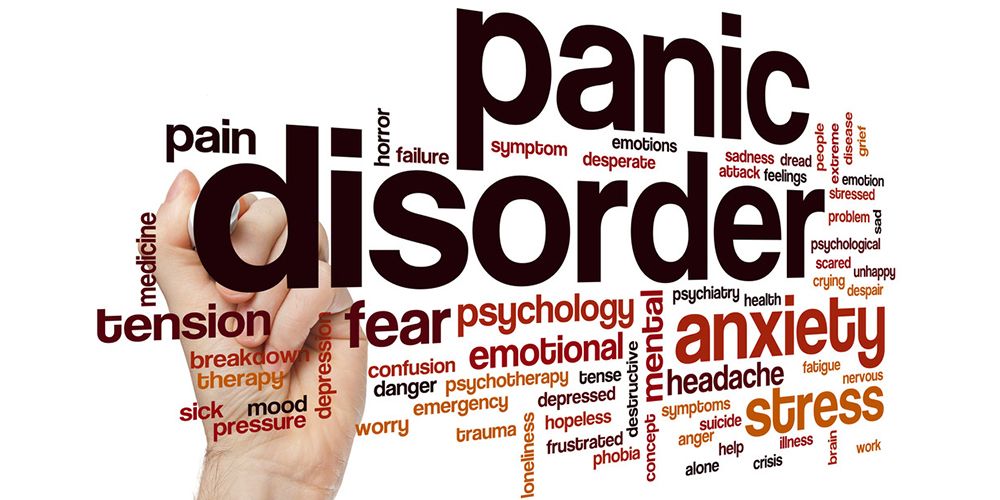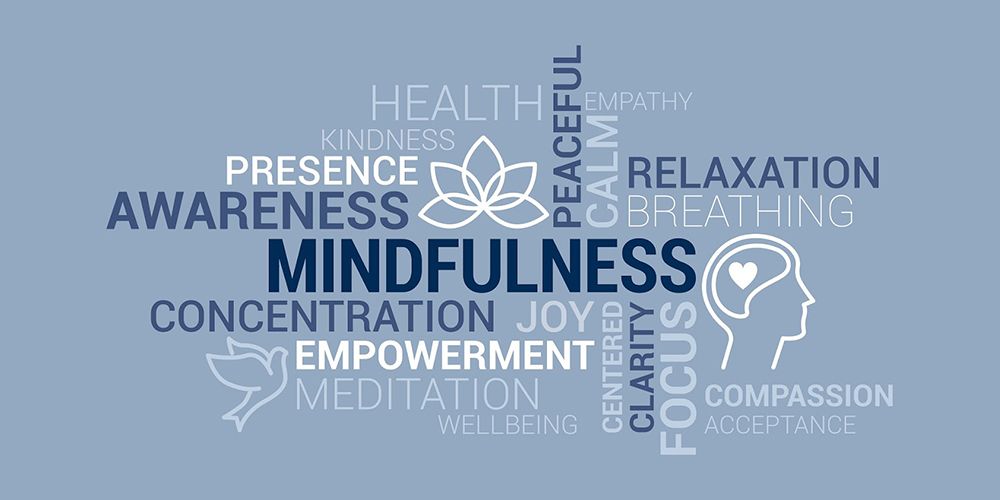Your heart is racing. You feel the walls closing in. You suddenly can’t breathe, and you worry you’re going to pass out. Maybe you’ve been in this paralyzed place before, but maybe this is the first time. Either way, you’re stressed, you’re anxious, and you’re very afraid.
Is it a panic attack or an anxiety attack? While many people use the words interchangeably, the conditions are not the same. Let’s get into what you need to know about the similarities and differences.
What Is A Panic Attack?
Panic attacks refer to a cluster of intense physiological and psychological symptoms. These symptoms often include a combination of:
- Racing heartbeat
- Migraine or headache
- Chest pain and tightness
- Hot flashes and chills
- Sense of dizziness and lightheadedness
- Nausea or stomach pains
- Shaking and trembling
- Shortness of breath
- Sweating and feeling flushed
- Sensation of being choked, smothered, suffocated, or otherwise constricted
- Tingling and numbness throughout the body
People experiencing panic attacks often report feeling a complete loss of control. They may feel completely detached from themselves or their bodies. They may also feel like they’re on the brink of dying or having a heart attack. It’s not uncommon for loved ones to contact 911 because they assume the individual is, indeed, having a heart attack or other medical emergency.
Panic attacks may have apparent triggers, like having a stressful day at work or a conflict with a spouse, but they can also occur without any real warning. Sometimes, people begin to notice specific patterns of panic attacks if they experience several of them.
While panic attacks may feel like they last forever, the symptoms tend to peak after about 10-15 minutes before they slowly subside. However, panic attacks may occur in a row, which may create the illusion that they last for much longer.
Panic attacks can be physically and emotionally exhaustive. They can feel very frightening, and they often take a tremendous toll on the body. For this reason, many people report feeling on edge, stressed, or fatigued for the rest of the day.
Research does not indicate a single cause for panic attacks. However, studies have pinpointed certain risk factors that may increase one’s susceptibility.
These risk factors include:
- Family history of panic attacks or anxiety disorders
- Chronic medical conditions
- Co-occurring mental health issues
- Identifying with having an anxious personality
- History of past trauma
- Past or ongoing issues with recurrent stress
- Problems related to substance use

What Is Panic Disorder?
Recurrent panic attacks can lead to panic disorder. Research shows that an estimated 2-3% of Americans have panic disorder at a given time. The onset of this condition tends to start in late puberty to early adulthood. Women are more likely than men to develop panic disorder.
People with panic disorder routinely experience panic attacks, and they also have persistent fear of having future attacks. Due to this fear, they may limit or change their behaviors to avoid triggering stimuli. These limits or changes, however, can result in problems with relationships or work.
What Is An Anxiety Attack?
Unlike panic attack symptoms, which manifest and escalate quickly and suddenly, anxiety attack symptoms occur after a period of intense worry. Thus, the symptoms may start gradually and then peak after several minutes or hours.
Anxiety attack symptoms can include a combination of:
- Elevated fear and worry
- Intense anger and irritability
- Loss of focus and concentration
- Rapid heart rate
- Chest tightness and pain
- Dry mouth
- Fatigue and exhaustion
- Muscle tightness and pain
- Body tingling or numbness
- Sleep disturbances and nightmares
- Paranoid thinking
- Sensation of being choked, smothered, suffocated, or otherwise constricted
Anxiety attacks are milder than panic attacks, but the symptoms persist for much longer. Depending on the circumstances, symptoms may linger for several hours, days, or weeks.
Unlike panic attacks, anxiety attacks refer to the body’s response to a specific stressor or thought.
Examples of common triggers include:
- Work-related stress
- Interpersonal stress
- Phobias (flying, spiders, social situations)
- Withdrawal from mood-altering substances
- Responses to medication
- Flashbacks or memories associated with past trauma
- Co-occurring mental health conditions
While the symptoms may feel very intense, they are often not disruptive in the same way that panic attacks are.
Coping With Panic Attacks And Anxiety Attacks
Both panic attacks and anxiety attacks can feel incredibly defeating and debilitating. People often feel powerless when they occur, and the fear of them happening again can create immense distress in one’s life.

Mindfulness Exercises
Anxiety can seemingly flood the entire mind and body. However, mindfulness and relaxation can combat some of this stress. Many people find that acknowledging the attack and utilizing exercises like deep breathing, meditation, and positive affirmations can help reduce the intensity of such symptoms.
Stress Management
Effective anxiety management usually requires taking care of one’s physical and mental health. That means getting adequate sleep, eating a balanced diet, exercising regularly, going to the doctor, and taking medication as prescribed. It also entails prioritizing time for self-care, building a healthy support system, and identifying healthy coping strategies for stress reduction.
Psychotherapy
Therapy offers support and guidance for people struggling with panic attacks or anxiety attacks. Therapy may include learning healthier responses to cope with anxiety. It may also include identifying triggers, changing negative thinking, and increasing self-compassion and self-care. The length of therapy varies depending on the individual, but many people start to feel some relief after just a few sessions.
Medication
Often used in conjunction with other treatment methods, psychiatric medication can help reduce the severity and frequency of panic and anxiety attacks. Physicians commonly prescribe antidepressants or anti-anxiety medication for treating these issues.
Final Thoughts
It is crucial to understand the similarities and differences between panic attacks and anxiety attacks. Many people struggle with both kinds of attacks, but knowing the nuances can help with effective treatment planning and intervention.
While it’s impossible to completely eliminate attacks from occurring, proper planning and management can reduce the severity, frequency, and intensity these episodes have on an individual’s quality life.



